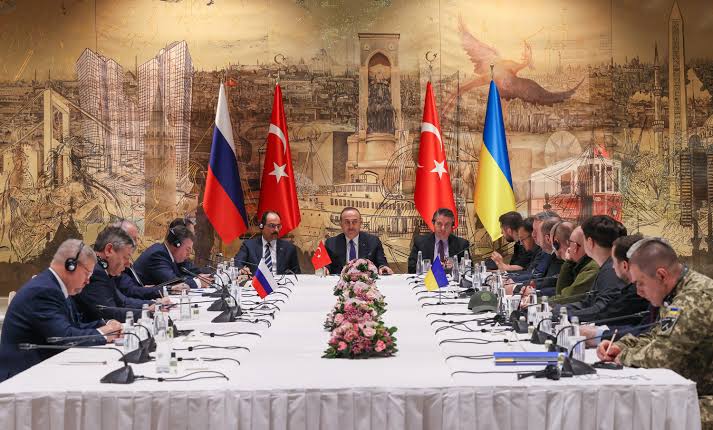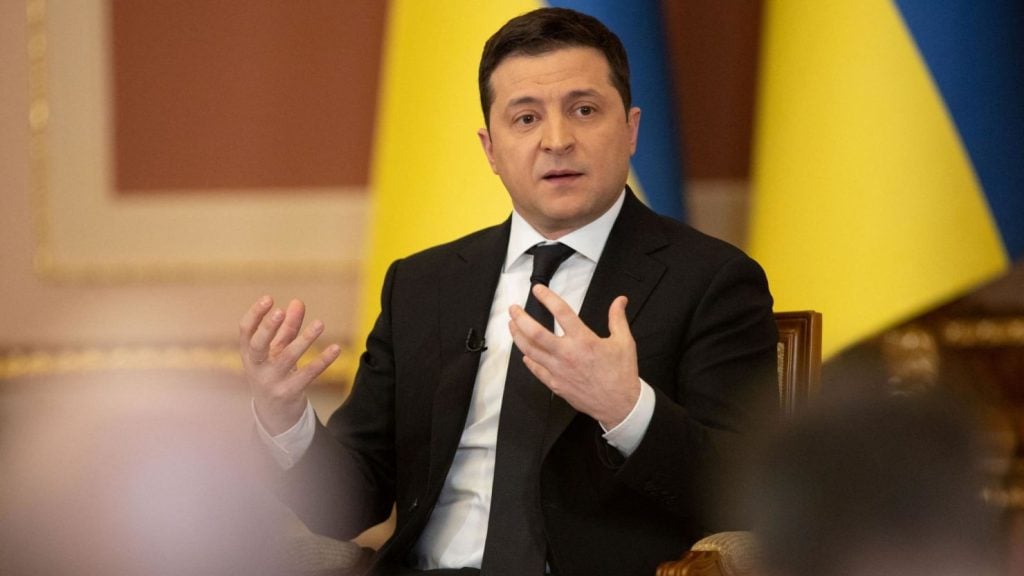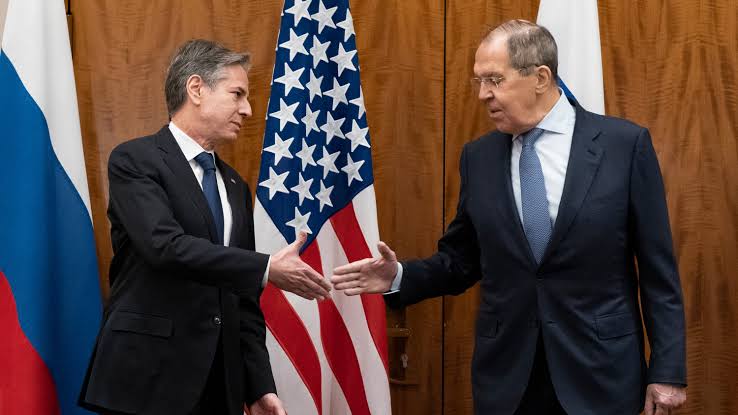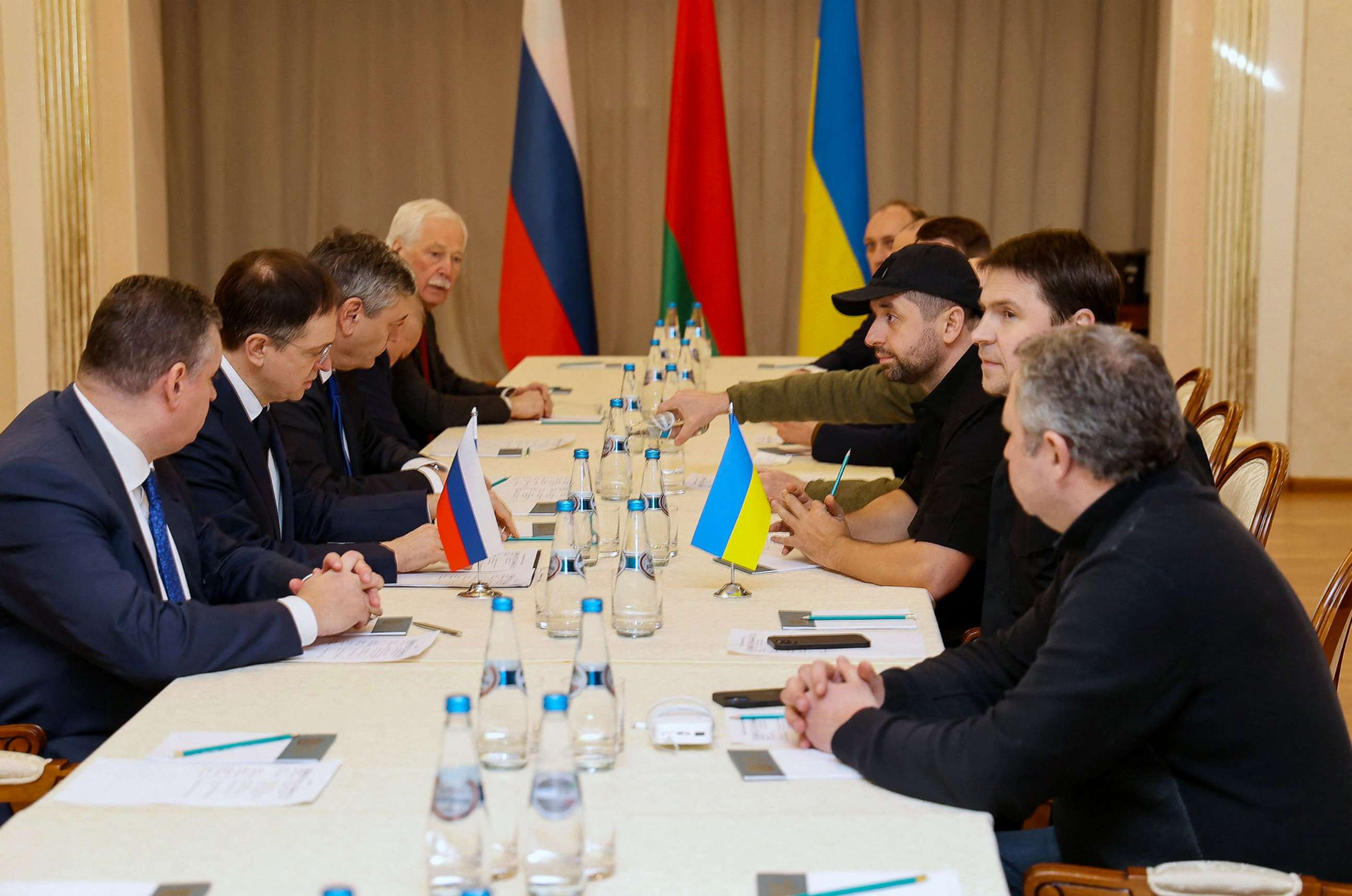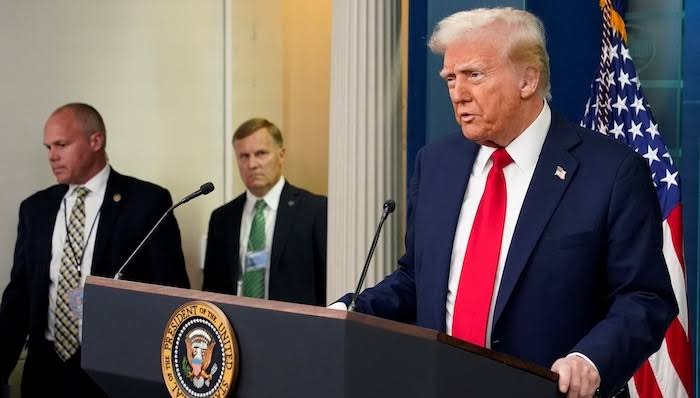The European Union and Ukraine have expressed strong objections to being excluded from potential peace negotiations following a recent phone call between U.S. President Donald Trump and Russian President Vladimir Putin. During the call, President Trump suggested that Ukraine might have to forfeit reclaiming all its territory and abandon its aspirations of joining NATO. This proposal has raised significant concerns among Kyiv and European allies.
EU foreign policy chief Kaja Kallas emphasized that any agreement excluding Ukraine and the EU would be ineffective, stating that "any push for negotiations too soon will actually be a bad deal for Ukraine." She warned against rushed negotiations leading to unfavorable terms for Kyiv.
Ukrainian Foreign Minister Andrii Sybiha underscored the necessity of Ukraine's participation in any discussions about its future and reaffirmed the country's commitment to joining NATO. He stated, "We are now working with both sides of Congress to make sure that it does not (get) repeated again under any circumstances."
European leaders, including German Defense Minister Boris Pistorius, insist on a central role for Ukraine and Europe in the talks, fearing that a settlement excluding them could harm Ukraine's sovereignty and security. Pistorius called Trump's concessions to Russia premature and emphasized the importance of discussing Ukraine's NATO membership.
The reactions reflect a fear that the White House might negotiate a peace deal with Moscow without consulting key stakeholders, potentially compromising European security and stability. Former European officials and diplomats have likened the situation to the 1938 Munich Agreement, warning against appeasement and emphasizing the need for European support.
In contrast, Russian officials have welcomed President Trump's stance, viewing it as a diplomatic victory. The Kremlin praised the potential shift in U.S. policy, contrasting it favorably with the previous administration.
The situation underscores the complex geopolitical dynamics at play and the importance of inclusive negotiations to ensure a durable and fair resolution to the conflict in Ukraine.

.jpg)
